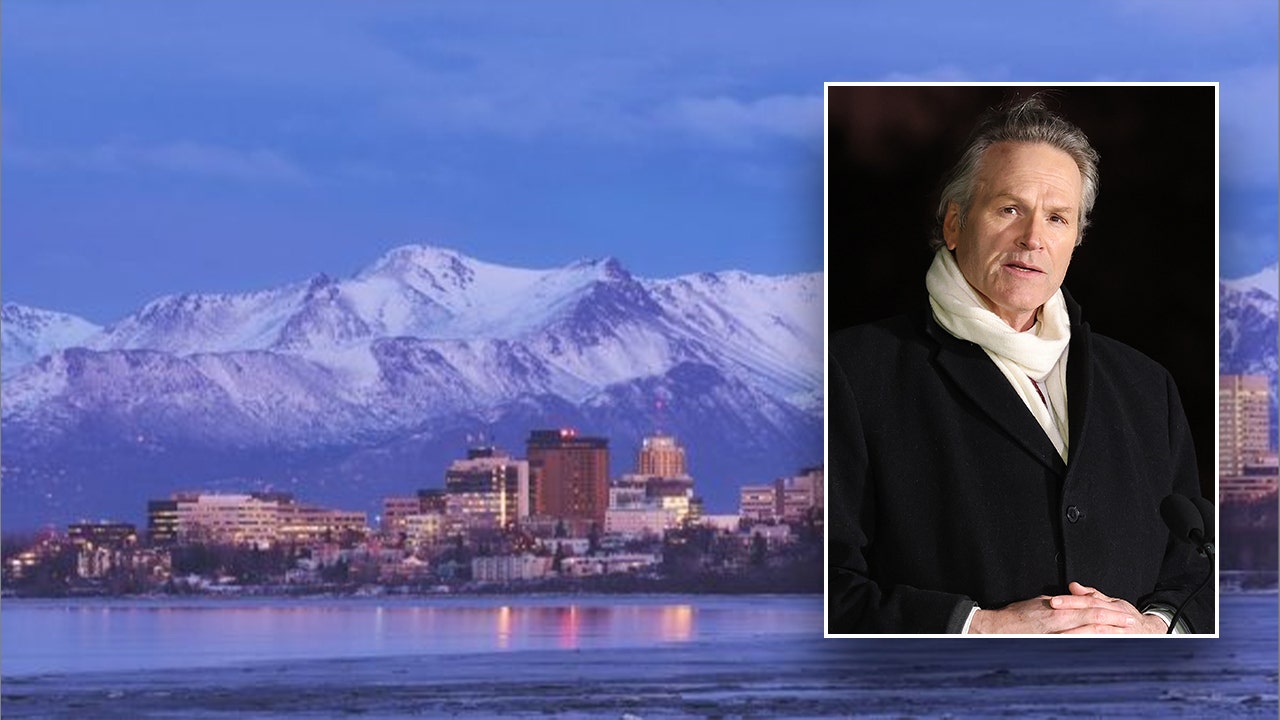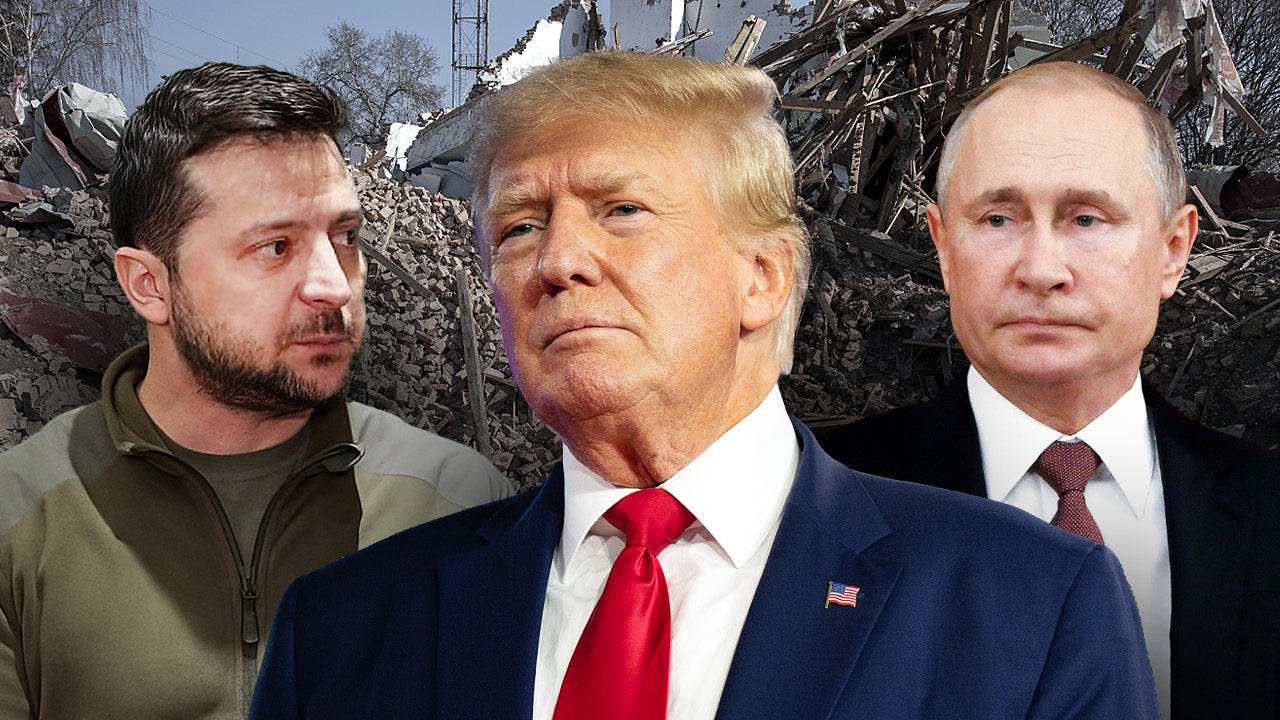Three Indian men were charged in the brazen slaying of a Sikh separatist on Canadian soil, the police said on Friday, a killing that set off a diplomatic clash with New Delhi after Prime Minister Justin Trudeau blamed “agents of the government of India” for orchestrating the shooting.
India’s government called the claim “absurd” and took steps that led Canada to withdraw more than 40 of its diplomats from the country. But amid the denials, Canada said it had a “smoking gun,” supported by information from the United States. And a federal indictment in New York linked the Indian government to another murder-for-hire-plot against another Sikh separatist.
The three men were arrested in Edmonton, Alberta, and charged with first-degree murder and conspiracy to commit murder in the killing of the Sikh nationalist, Hardeep Singh Nijjar, in June, the Royal Canadian Mounted Police said. The suspects — Karan Brar, 22; Kamalpreet Singh, 22; and Karanpreet Singh, 28 — had been living in Canada for three to five years but were not permanent residents of Canada, the police said.
“This investigation does not end here,” Superintendent Mandeep Mooker, head of the Integrated Homicide Investigation Team for the Mounties, said at a news conference on Friday. “We are aware that others may have played a role in this homicide, and we remain dedicated to finding and arresting each one of these individuals.”
Several other investigations are ongoing, including into any possible involvement by the Indian government in Mr. Nijjar’s killing, Assistant Commissioner David Teboul said at the news conference. He also said, without providing further details, that the relationship with India in investigating the killing had been challenging.
The arrests were the culmination of an investigation into a shooting that shocked Canada and put Sikhs in the country on edge. Over the past year, the Canadian police investigating Mr. Nijjar’s death had released little information on their progress, other than a map outlining the getaway vehicle’s route and some grainy images of the assailants’ silver Toyota Camry.
Mr. Nijjar, 45, was in the parking lot of the Guru Nanak Sikh Gurdwara in Surrey, British Columbia, where he had been president, when three masked men ambushed and shot him dead on June 18.
A Canadian citizen, he was born in Punjab and moved to Canada in the heat of India’s crackdown on Sikh leaders in the 1990s, according to Indian news reports. He had been a leader in the local Khalistan movement, which has long sought a separate Sikh nation that includes the northern Indian state of Punjab. Surrey, a city outside Vancouver, is home to one of the largest Sikh populations in Canada.
The Indian government has labeled Mr. Nijjar as a terrorist and had called for his arrest. And the Mounties had warned Mr. Nijjar and several other Sikhs about threats to their lives.
During a foreign-interference inquiry last month established to investigate allegations that India and Canada had interfered in Canadian elections, Jagmeet Singh, leader of the federal New Democratic Party who represents a British Columbia district, testified that he, too had been warned by the police of potential threats against his life.
The public killing of Mr. Nijjar heightened diplomatic tensions between Canada and India after Mr. Trudeau bluntly accused India of being behind the killing. He said he had based his accusation on intelligence gathered by the Canadian government.
Though the United States was wary of undermining its relations with India, which it sees as an important global partner, U.S. intelligence agencies had offered their Canadian counterparts information that helped Canada reach that conclusion. But allied officials said that Canada itself had hit upon the “smoking gun”: the intercepted communications of Indian diplomats in Canada indicating involvement in the plot.
Mr. Trudeau told the House of Commons in September that he had “in no uncertain terms” raised India’s involvement in the shooting directly with Prime Minister Narendra Modi of India at the Group of 20 summit that month.
The Indian government strongly denied the accusation, and proceeded to revoke the immunity of 41 Canadian diplomats in India in November, forcing Canada to withdraw two-thirds of its diplomats based in that country. Mélanie Joly, the Canadian foreign minister, said the move violated international law.
Then, federal prosecutors in Manhattan revealed what they said was a separate murder-for-hire plot in the United States against another Sikh activist. A federal indictment filed in Manhattan accused an Indian national in an assassination scheme targeting Gurpatwant Singh Pannun, a dual American and Canadian citizen living in New York who has been outspoken in calling for a Sikh-majority homeland.
The plot had been organized by an Indian government official who was also involved in the killing of Mr. Nijjar, according to the unsealed indictment. Nikhil Gupta, an Indian national, was later arrested in the Czech Republic in connection with the U.S. scheme. Mr. Gupta boasted of his criminal links to an undercover agent whom he thought was an assassin and offered him $100,000, officials said.
In December, sources told The Globe and Mail, a Canadian newspaper, that arrests were imminent. But the passing months had left some in the community concerned that the anniversary of Mr. Nijjar’s death would go by without a resolution.
“We would not be at this point without the bravery and the courage of the Sikh community coming forward,” Superintendent Mooker said at the news conference. He also said that the police would release photos of the three suspects to gather more information about their presence in Surrey at the time of the shooting.
Posters celebrating Mr. Nijjar, who members of the temple view as a martyr for the Khalistani cause, are still displayed throughout and around the building. Dozens of people gathered for a community lunch on Friday afternoon, and to hear an update from the temple leadership, who said in an official statement that they are committed to furthering the causes that Mr. Nijjar “laid his life for.”
But Balpreet Singh Boparai, a Toronto-based lawyer at the World Sikh Organization of Canada, said the arrests announced on Friday would most likely provide little comfort to Sikhs there if those implicated in the killing and other interference activities were not also held accountable.
“We just hope that Canada has the guts to be transparent and identify those individuals who are behind this plot,” he said.
Mihika Agarwal contributed reporting from Surrey, British Columbia.





